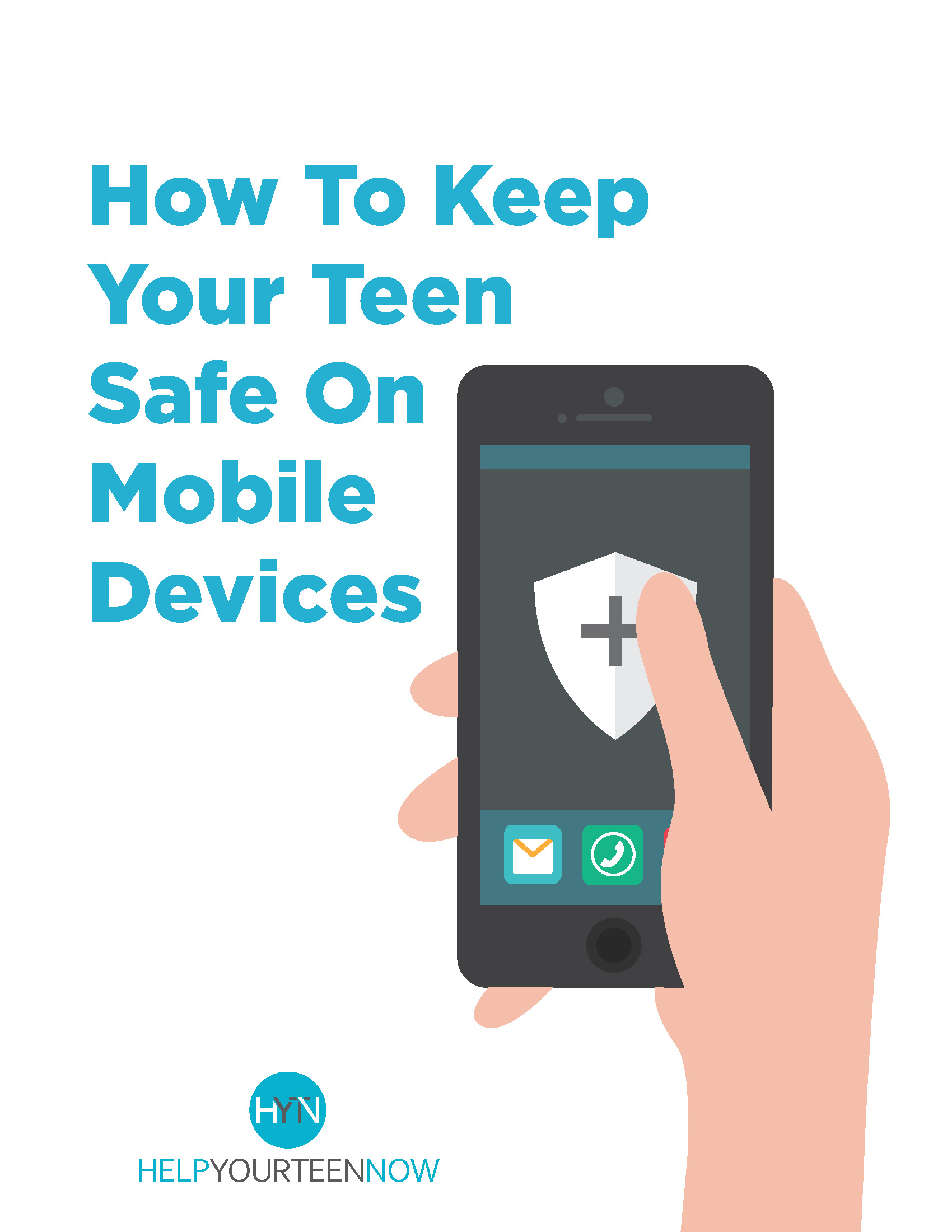The adolescent years are often turbulent. As teens make the transition from childhood to adults, they experiment by pushing boundaries and engaging in power struggles with authority figures. While this is a normal occurrence for the age, some teens are unable to regulate their behavior or social interaction. In some cases, they even become a threat to themselves or others. This can be caused by anything from mental disorders such as ADHD or Reactive Attachment Disorder (RAD) to factors like abuse or neglect. In such cases, behavior modification therapy may be necessary to help challenged teens lead an emotionally healthy life. Behavior modification therapy was created on the premise that good behavior should be rewarded, while undesirable behavior receives consequences, with the idea that rewards are ultimately more powerful than punishments.
Behavior Modification essentially teaches a teen new skills in order to navigate day to day issues and interact with others more effectively. Parents are encouraged to be an active part in the behavior modification process as their response is important to their child’s progression. Because each teen has different needs, they should be evaluated thoroughly by a health professional prior to designing a plan of care. This evaluation includes a detailed history of the problems, both at home and at school, as well as social concerns. The therapist will also conduct a personal interview in order to get a sense of what is needed. After the initial evaluation, a therapist will create a list of behaviors to target for treatment, which may include things such as interacting well with siblings or obeying requests from authority figures. Because the treatment changes as the teen progresses, parents and teachers must both carefully monitor his responses.
Training for parents usually involves things such as setting house rules, creating predictable daily routines and using appropriate templates for requests, rewards and consequences. Depending on the needs of the teen, parents may attend therapy sessions with their child in order to compromise on solutions for behavioral issues. It is also important for parents to work closely with their teen’s teachers and other relevant school staff to help them understand the best way to carry out the behavior modification program in the classroom. Consistency is one of the most crucial elements for effectively changing behavior. Learning new skills takes time. Every teen will progress at his own pace, but even slow progress is a good thing. Starting out with small, achievable goals will help him build confidence in his ability to succeed.
When a teen’s behavioral issues are severe enough that his parents are unable to give him the consistent environment and round the clock coaching he needs, residential treatment centers are an ideal option. These facilities, designed for troubled teens, offer full time behavior modification treatment. Through careful monitoring and constant therapeutic care, teens are able to make the behavioral changes they need to continue their treatment at home.
Whether you are considering outpatient care or a treatment program, the first step is to speak to a mental health professional. Only then can you begin to take the steps you need in order to get your teen back on track and improve the well-being of your family.











0 Comments